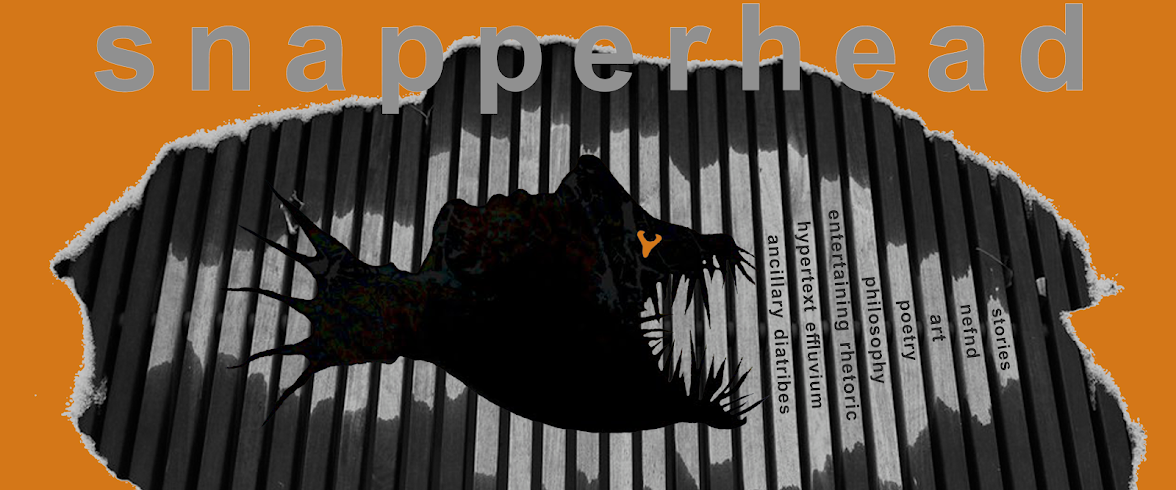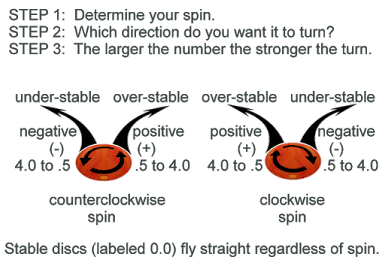
What is the cement of memory?
Does what we remember form who we are?
Why do we forget 99% of our lives?
As I typed this opening paragraph in 2019, my brain was switching between thoughts about choosing interesting words that would entertain itself as it compiled this sentence and—switch—scrounged thru my memory-attic for events which might fit in a bright mauve container labelled ‘overwhelming’. My as-I-typed brain then decided that the first event to go in was
Witnessing—for almost two full minutes—the 2017 total eclipse of the sun. I had prepared for that event for months. I'd bought expensive wrap-around viewing glasses and a phone-app to track where the shadow was going to be. Weeks earlier, I'd driven a few hundred miles to reconnoiter and read articles describing what to look for when it happened. The day of, I had woke at 4am for a 5am departure in order to set-up three hours ahead of time and as the moon began to creep across the sun, I recalled aloud (for the handful of people with me) memories of a few previous partial eclipses and I used the term underwhelming to describe those curled and faded snapshots.—switch—Those vague recollections of pinholes in paper and flimsy cardboard glasses were now attached—like a deflated balloon static-stuck to the back of a worn-out child’s sweater—to this 2017 overwhelming event. (I typed ‘overshadowing event’ and edited it so as to not end this paragraph on a pun.)—switch—
 The moment when the entire moon’s
shadow—the umbra—completely covered the sun: the blue sky turned
black; the yellow corona around the sun became white; stars became visible; the
air temperature dropped; the silence of no-more bird and insect noises grabbed
for my attention; spots of corona-sunlight, inside of darker shadows, took-on
the changing shape (circular to crescent) of the umbra; and ripples of light
wavered across the ground like faint “light snakes.” My senses were
overloaded. My brain could not catch up. There was no time to think or
focus.
The moment when the entire moon’s
shadow—the umbra—completely covered the sun: the blue sky turned
black; the yellow corona around the sun became white; stars became visible; the
air temperature dropped; the silence of no-more bird and insect noises grabbed
for my attention; spots of corona-sunlight, inside of darker shadows, took-on
the changing shape (circular to crescent) of the umbra; and ripples of light
wavered across the ground like faint “light snakes.” My senses were
overloaded. My brain could not catch up. There was no time to think or
focus.—switch—It seems that my as-I-type brain considers it to be desirable when it-itself is unable to function as it normally functions (which, it considers to be its norm; its steady-state; its comfortable, uneventful, default mode; its regular state of being, which is neither over- nor under-whelmed) and this asItype brain is not putting anything into its memory. Short-term memory disappears unless something over- or under-whelms enough to get stored long-term.
I know if I were not currently documenting my thoughts—an act which facilitates asItype to be able, in the future, to become asIread (which, in turn, will become the me that has re-remembered based on what that previous-me wrote)—I would, very soon, no longer be able to recall how I occupied myself this 2019 mid-November Friday morning. If I'd instead been studying, reading, hiking, gaming, painting, listening to music, watching videos, talking with friends, playing with my cat, or performing routine chores, I would (probably) not be able to answer the question, “What did you do?” Because of these words, these paragraphs, this essay (about normally neither being over- or under-whelmed) I can say I was writing an essay about memory.
Now, asItype wonders why are our recollections valued? Is being able to recall something because it was sufficiently overwhelming/underwhelming to become immediately-permanently locked in long-term memory a prerequisite to being consciously aware of what is important to who we are and who we want to be? And—switch—let me dig for a stronger, more recent, memory to stick in the intense yellow underwhelming container (next to those partial eclipses).
Earlier in 2019, I drove through Glacier National Park. I would not use the word boring to describe the slow procession up and over—but I would not use the word exciting either. Rivulets of snow melt soaked me a few times (cabriolet top was down) and some of the hairpin turns with sheer drops revealed very interesting views; but a complete lack of wildlife and over 90 minutes of traffic-jams combined to make the 50-mile drive an unsatisfactory experience.—switch—
Why?—my asItype-self asks itself. What made this 2019 drive memorably underwhelming?
One answer is that my preconceived expectations were unmet; during my first visit to Glacier National Park (in 2006) the Going-To-The-Sun Road was closed because of snow (which created—in that 2006-me’s brain—an unfulfilled desire). On that trip, I felt privileged-lucky to see (and was slightly overwhelmed seeing): bald eagle, elk, black bears and grizzly bears, and experienced no vehicle traffic or full parking lots.









































